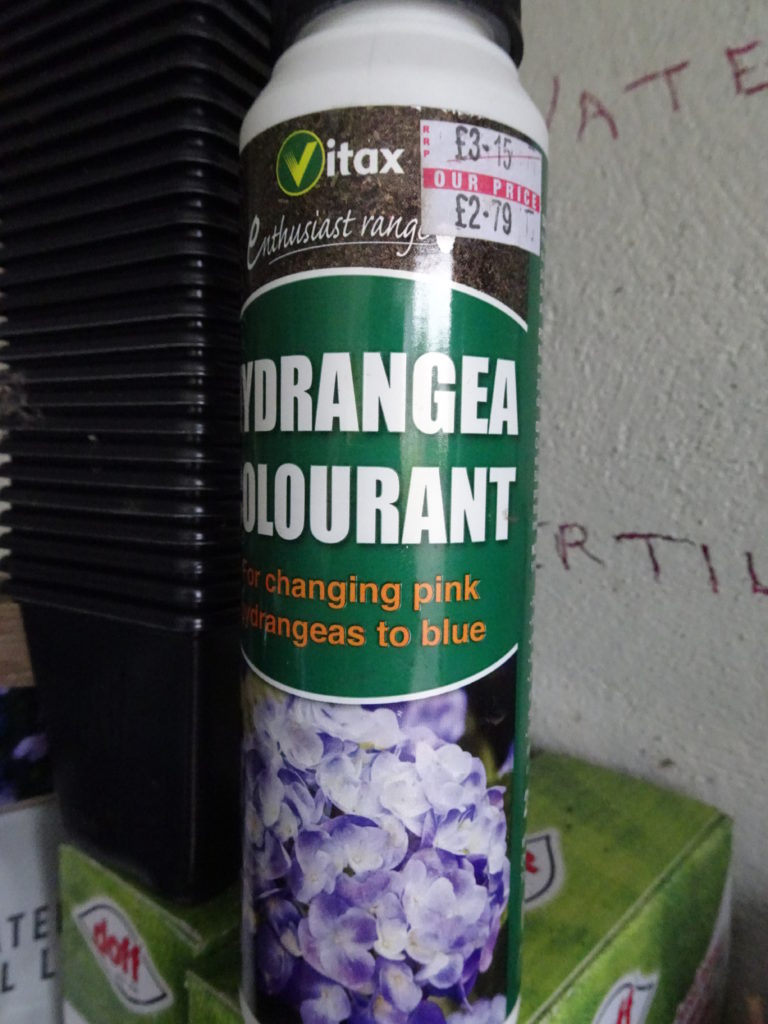Trace Elements and Garden Chemicals

The main trace elements and micronutrients are molybdenum, manganese, zinc, iron, boron and copper plus calcium for tomatoes. These elements are best provided as water-soluble chelate salts rather than granules.
 Interesting Facts about Seaweed
- In addition to the trace elements there are another 60 or so chemicals in seaweed.
- Seaweed extract is a concentrated elixir to use as a foliar feed or root stimulant.
- Seaweed is a organic fertiliser containing bio stimulants and iodine
- Over time seaweed acidifies and slowly adds iron to the soil.
- Seaweed in is already added to Doff tomato feed
- Gardeners near the coast have used seaweed as a soil improver for centuries.
- Seaweed contains plant hormones called cytokinins, mannitol and auxins.
Turning Flowers Blue
- The litmus test for plant colourants is generally can they turn flowers from pink or red to a pleasing blue.
- Hydrangea plants will be blue in acidic soil and pink or red in neutral or alkaline soil.
- Colourant with aluminium and iron salts turns pale pink florets pale blue and red flowers purplish.
- Soil acidifiers help make micronutients available
- Fertilizers containing phosphate salts that typically convert metal ions into insoluble solids are of no nutritional value to the plants. A chelating agent that keeps these metal ions in a soluble form.
Other Garden Chemicals
- Lime is used to increase the ph in the soil to help vegetable crops.
- Sequestrine plant tonic is a soluble tonic for acid-loving ericaceous plants
- Baby bio indoor fertiliser liquid has an organic content including uric nitrogen.
- Growth and root promoting hormones are now far more frequently found in a gardeners dispensary.
- Bio- stimulants and flowering enhancers are used in commercial nurseries for plants sold through garden centers and supermarkets.